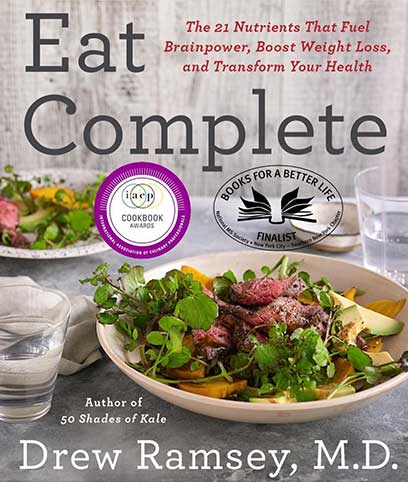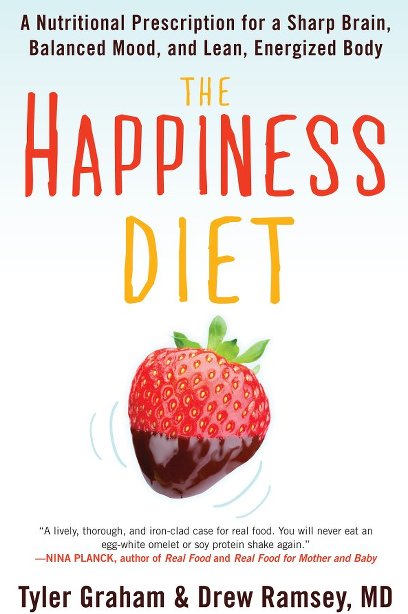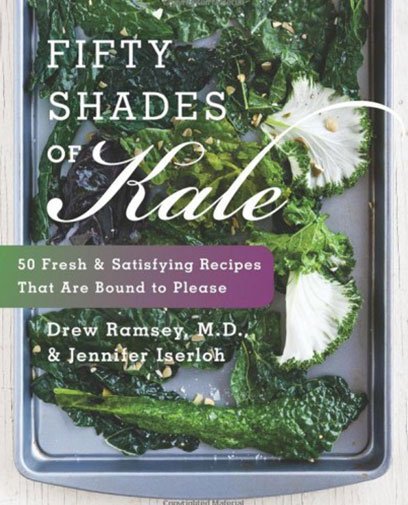Image courtesy Flickr/Alicia Voorhies
Emerging science indicates that infant brain development is negatively affected by exposure to bisphenol A, or BPA, a chemical widely used in plastic food containers, in the plastic lining of metal food cans, and even in the paper used for cash register receipts. Europe and Canada have already banned BPA for use in making baby bottles. In the U.S., the FDA is expected to rule by March 31, 2012, on a petition by the Natural Resources Defense Council to ban BPA from all food containers.
BPA has been proven to leach into food that comes in contact with plastic containers and plastic-lined cans. A Consumer Reports analysis of canned food found that one single serving of canned green beans had 80 times the recommended daily limit of BPA.
Researchers call BPA an “endocrine disruptor.” BPA mimics estrogen and in doing so interferes with proper brain growth. The conclusions of two studies in particular persuaded my wife and I to purge the plastics from our house. As parents of a baby girl, we no longer heat or store food in plastic containers.
One study published in Pediatrics in 2011 looked at 244 mothers and their three-year-old children. More than 97% of the children had BPA coursing through their veins. Behavioral assessments found that children with the most BPA in their blood also demonstrated more anxious and depressed behavior and had more difficulty with emotional control. The study supported earlier animal studies, including one published in 2010 in Frontiers of Neuroendocrinology, that showed how exposure to BPA severely disrupted early brain development by retarding growth in key areas that regulate memory and mood.
How dangerous is BPA? Some may want to see more evidence, by my take is that there is no point in taking the risk. I try to always wash my hands after touching store receipts, especially before handling food. At home we use only leftover containers made of glass. One certain way to drastically reduce your exposure to BPA is to replace the processed, packaged food in your diet with farm-fresh whole foods.
Building your best brain depends not only on packing your meals with brain essential nutrients. You also need to avoid the toxins that have made their way into the food supply. This is especially important for developing brains as some new toxins act like hormones in the body, which are key players in directing traffic during the explosion in brain cell connectivity during childhood.








